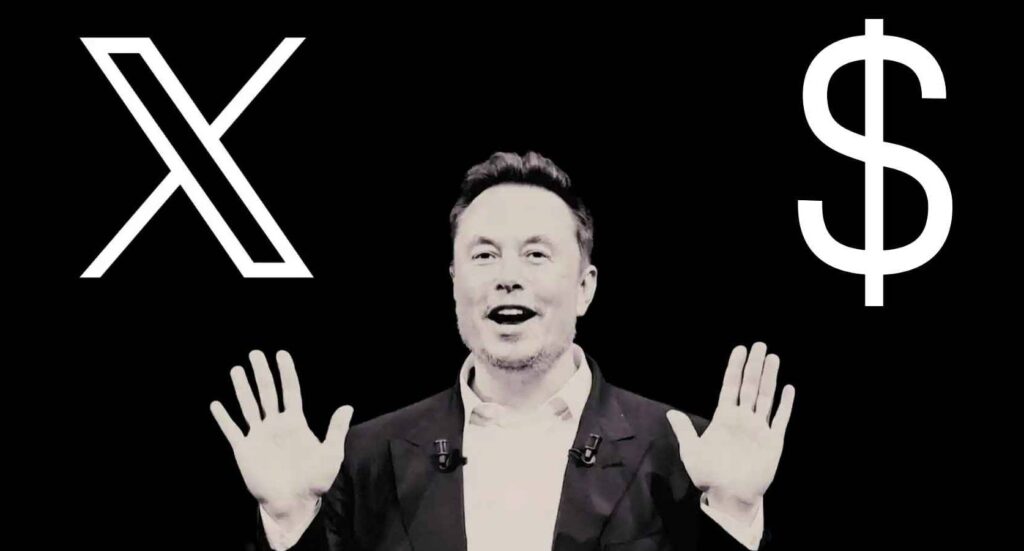Other Technology | September 29, 2023

Social media has reshaped the landscape of entertainment and news worldwide. Every country has its favorite apps, but giants like TikTok, Instagram, and X (formerly Twitter) have become international behemoths, capable of shaping public sentiment even in countries within the European Union.
What started as a way to stay in touch with friends and family quickly evolved into a means of keeping up with the activities of many strangers, a trend accelerated by the platforms themselves. Algorithms learned that content provoking anger was more profitable than content eliciting positive emotions.
To make matters worse, the proliferation of social media has led scammers to exploit it en masse, attempting to extract money from their victims using these platforms. This is reminiscent of the email era, prompting Bill Gates to propose a solution: charging a fee for each email sent.
While this may sound surreal, it had a certain logic. Gates’ idea was to make emails cost a tiny amount, say 0.1 cents each. In this way, an average person might pay perhaps 4 or 5 cents per month, but an industry built around sending spam would become unviable, as it would require vast amounts of money to send the millions of emails needed to target victims.
This is where Elon Musk comes into play. In the past few hours, the South African magnate has made some controversial statements. Musk suggested that making everyone pay for using X might be an option to minimize the impact of bots. He made this statement during a conversation about AI with Benjamin Netanyahu, the Prime Minister of Israel. The basis of his theory is the same as Bill Gates’: spammers would not be able to open multiple accounts if each one required a different payment method or unique identification.

Currently, there is no further information on how such a system could be implemented or whether it would be genuinely viable, both socially and economically, for the company. There are risks involved, such as X losing its status as a reference platform for journalists and communicators, with another application taking its place. Perhaps this could be circumvented by allowing reading of posts for free and charging only for posting them. After all, the vast majority of Twitter users only read and never write.
Transitioning from an advertising-based model to a paid one could be a challenging but successful move if the company manages to transform the application into a platform that doesn’t polarize opinions and genuinely adds net value to all its users. Getting upset while reading something is quite different from knowing that you’re paying for it, no matter how small the fee.
One of the key considerations for this future move is what Elon Musk has referred to as “a small amount.” Elon knows that the vast majority of X users won’t pay for a Premium X version similar to what already exists because they are already paying for it. Therefore, creating a much lower payment barrier could be an option.
Elon did make it clear that it would be a small amount, but he didn’t specify whether, for example, it would be €0.99 per month or €6.99. The former might be reasonable for heavy platform users who consume more content and generate certain interactions. The latter would be a barrier too close to the existing Premium model and could discourage a critical mass of users, potentially jeopardizing the company. Obviously, transitioning all users of a free platform to a mandatory paid one, not optional, would create a significant uproar, which could be positive for the company but could also destroy it.
Assuming Musk opts for a payment system closer to €0.99 per month rather than the current X Premium fee (€9.68 per month), it remains to be seen what percentage of users who usually post would be willing to pay. This is crucial. More than 80% of current users are passive readers, so it’s understandable to assume they won’t pay.
For the rest of the users, it would be interesting to see whether, in addition to bots, the platform eliminates those who are typically more controversial or problematic. If these users are removed, it could deter many others from paying to use the platform. There are too many uncertainties to predict what will happen with this social network.
What seems clear is that Elon Musk envisions a future where maintaining the platform with advertising is not an option. This is a trend seen across various companies and services, moving away from free features toward monthly subscriptions. The internet is constantly evolving, but this major shift could be one of the most significant turning points in its history.